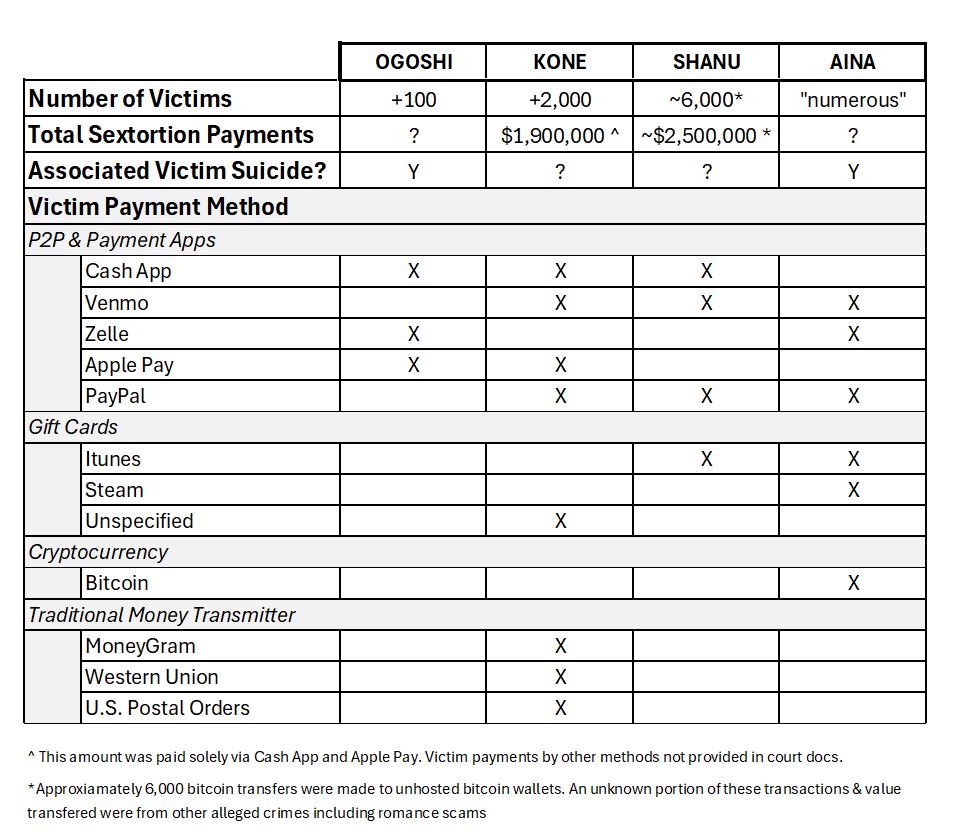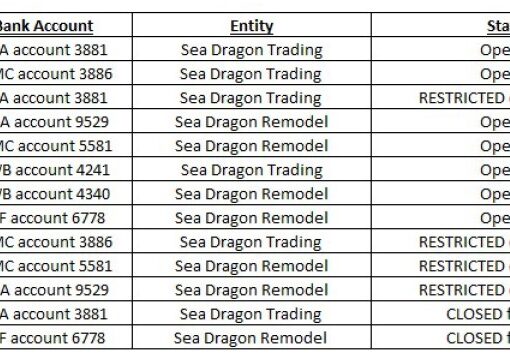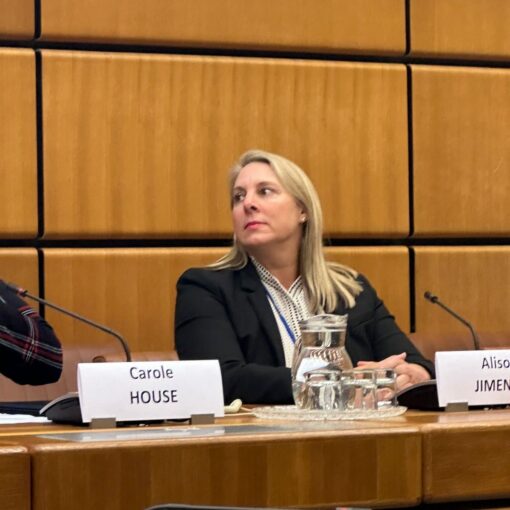Global Anti Scam Alliance reports on DSA’s teen sextortion ransom financial analysis
The Global Anti-Scam Alliance, whose mission is to protect consumers worldwide from scams, recently published a lengthy review of DSA president, Alison Jimenez‘s analysis of teen sextortion ransom payment mechanisms. Ms. Jimenez presented at the Global Anti-Scam Summit in Washington DC in November 2024 on sextortion.
Financially Motivated Sextortion Drives CSAM Content Production
“But for the ability to monetize sextortion of children, both the amount of explicit imagery and the number of children exploited would be lower.” – Alison Jimenez
The Global Anti Scam Alliance reported on Alison Jimenez’s analysis of teen sextortion victim payments. Ms. Jimenez examined court documents for financially motivated sextortion cases to identify victim payment mechanisms. The GASA article highlights teen sextortion victim payments made through P2P, gift cards, and cryptocurrency.

Safety by Design and Teen Sextortion Ransom
Ms. Jimenez highlighted the importance of Safety by Design for financial products marketed to minors:
“Financial apps offering products or accounts to teens should incorporate Safety by Design into default setting and parental controls to counter financially motivated sextortion and other scams targeting children.”
The article notes:
“Most peer-to-peer (P2P) platforms and payment apps used by teens, such as Cash App and Venmo, do not offer strong, default controls to prevent transactions with strangers or unknown contacts. In many cases, teens are also given the ability to bypass parental controls or oversight, enabling scammers to manipulate these features to their advantage. Furthermore, these platforms often classify fraudulently induced transactions as “authorized,” leaving victims with limited options for recourse or reimbursement. Unlike traditional credit card systems, which offer fraud protection under laws like the Fair Credit Billing Act, P2P services leave minors vulnerable to losing money without the option of disputing charges or recovering funds.”
Learn more about the financial mechanism of financially motivated sextortion:
Part 1: Introduction to Financially Motivated Sextortion of Minors
Part 2: Teen Sextortion Victim Payments
Part 3: Consolidating and Laundering Sextortion Proceeds
Part 4: Sextortion International Money Laundering




